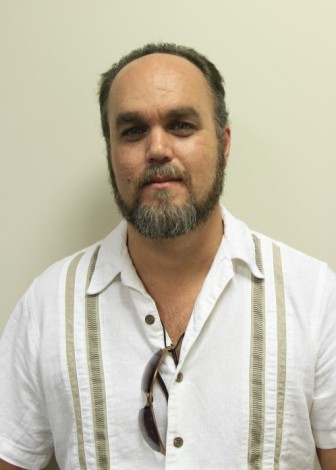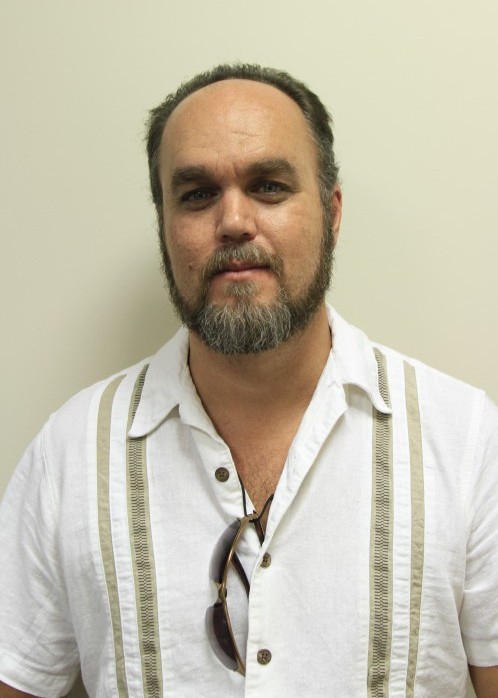 Athens, Ga., is a funny town. It’s the home of the University of Georgia, meaning some 35,000 students make their home here for nine months out of the year. A lot of full-time residents are connected to the school as faculty or staff, and many businesses count on the money students spend. The downtown is vibrant with restaurants, stores and nightclubs, and the live music is everywhere.
Athens, Ga., is a funny town. It’s the home of the University of Georgia, meaning some 35,000 students make their home here for nine months out of the year. A lot of full-time residents are connected to the school as faculty or staff, and many businesses count on the money students spend. The downtown is vibrant with restaurants, stores and nightclubs, and the live music is everywhere.
A 15-minute walk from downtown can take you to several lovely neighborhoods of a type not seen much anymore. The homes are older, closer together, neighbors actually know one another. A lot of homes have decorative gardens. Oak trees line the streets, and the streets have sidewalks. This is the realm of professors, doctors, lawyers, retirees and other folks who have worked hard to create a sense of community with their neighbors.
The same 15-minute walk in a slightly different direction will take you to a poorer part of town. The homes in these neighborhoods are often run down, the residents more likely to be impoverished, and the crime rates higher. Several housing projects are in the middle of these neighborhoods. The residents are mostly black.
In Athens/Clarke County the poverty rate is almost 35 percent, more than double the state average. Among children the rate is even worse, at almost 43 percent. The state average for kids is a little more than 22 percent. The disparity is striking, particularly when contrasted with either the high culture of the wealthier residents or the party lifestyle of many of the students. You don’t see many black people in either of these scenes.
I was pretty blind to this separation when I first started living here, but working at the conflict center has taken me to parts of the city and introduced me to residents I wouldn’t have otherwise had cause to encounter. Like many people, I was unaware of the larger picture of the community.
Blindness exists in all of us to some extent. Humans create systems of interaction, and whether they are communities, families, workplaces, or some other collection of folks, all systems have facets that are hidden. They are hidden, but they still exert an influence on the big picture.
One blindness I am beginning to be healed of has to do with young people, and in particular their propensity for crime and other forms of stupidity. The beginning of my cure was reading an op ed in the JJIE by Mike Males a few weeks ago. The article pointed me towards a few studies, and lead to a correspondence with Mike about his conclusions.
To summarize: when we take into account the level of poverty, kids don’t commit crimes at a higher rate than adults. Take a few seconds and read the previous sentence again. Now, if kids aren’t as stupid as we’ve been lead to believe, what are the implications?
First, a lot of the interest in brain research might be a red herring, or at least misdirected. As Mike wrote to me in an email, “...whether adolescent crime is seen as an innate, biodevelopmental feature or as one related to social conditions is pivotal in all kinds of public policies.”
Not to discount approaches to rehabilitation that have shown promise (for instance cognitive behavioral therapy, or my favorite, restorative justice) but is it possible that these approaches could work with anyone who is committing crime, and not just juveniles? The differences between those who commit crimes, regardless of age, and those who don’t, are far more striking than the differences between adults and kids.
Is it possible that the real obstacle to conquer here is not crime, which can be seen as symptomatic of social conditions, but poverty itself? I think the answer is yes. Imagine that we were able to drop the poverty rate here in Athens to the state average. It seems probable that we would see a drop in criminal activity across all ages.
Perhaps we can employ both avenues of addressing problematic behavior, but let’s be clear that currently we are only following one path. The larger social and economic context is being ignored by many connected to the criminal justice system, both researchers and practitioners. This is a choice we are making as a society. As Mike writes, “...a policy choice to subject young people to far higher rates of poverty and family abuses than we would accept in middle age, and we have a self-interest in dismissing their offending as just a teenage attitude problem.”
This means that we, as adults, extract some heretofore unacknowledged benefit from the power imbalance we have with young people, and that young people’s concerns, as with those of all disadvantaged groups, are minimized and trivialized.
My eyes are opening, and I invite you to open yours as well. It can be disconcerting at first, but I believe the discomfort will give way to energy and purpose as we begin to address this root cause of crime.

I don’t think the root problem for juvenile crime is poverty so much as a breakdown in the family. I don’t allege this from the impartial comfort of my middle-class lifestyle; my life has been changed by a juvenile lifer and it has taught me much.
Our family became advocates of juvenile justice reform after fate brought us into contact with this young man who was abandoned and abused by a dysfunctional, abusive family. He has become a son to my husband and I, and a brother to our sons. Over the years we have learned much about his path to prison and it is our belief—and his—-that it was the lack of support and guidance of good parents that harmed him far more than poverty.
Poverty is a burden, but it is generally a burden that can be overcome with hard work and an education. Look no further than Dr. Ben Carson for that. But when you are raised in a home where parents are addicted to drugs and alcohol and provide no nurturing or guidance, that is a burden that far too many never overcome.
The sad result is young man and women who fall into a path of crime because they know no other way to live better. When they are genuinely presented with love and opportunity, many of them, like our juvenile lifer son, completely turn their lives around. Unfortunately, he will spend the rest of his life behind bars unless someday our nation embraces mercy toward abused children who make terrible mistakes,
First, I must say it is a shame that you and so many like you (white) close their eyes to the “other side” of town. Moreover, this is not new and apparently many close their eyes intentionally hoping the problem (blacks) will go away. As long as poverty exists in all cities, which includes, ALL RACES, our children suffer. As long as people with money do not have to travel through the impoverished areas, they can continue to ignore the issues. Poverty has many faces, and hunger, lack of clothing, education, and caring would cause any child (no matter the skin color) to make bad choices. Stupidity is not the problem sir, apathy is the problem. As long as lawmakers can continue to pad their pockets, get political favors, and reap the benefits of the have-nots we will not make strides toward resolution. I agree it is a political/policy issue, but moreover, it is an issue of ignorance. Human beings are human beings, stop putting people of color on the back burner believing “they’ll never change”. As long as policies go against people in poverty we will not solve our juvenile justice issues. Stop studying the poor and start advocating for their rise from poverty by rolling up your sleeves and writing, calling ans visiting lawmakers that only work to hide the problems.
I’ve seen the JJE reports and it is apparent to me that those in charge still do not understand the problem.